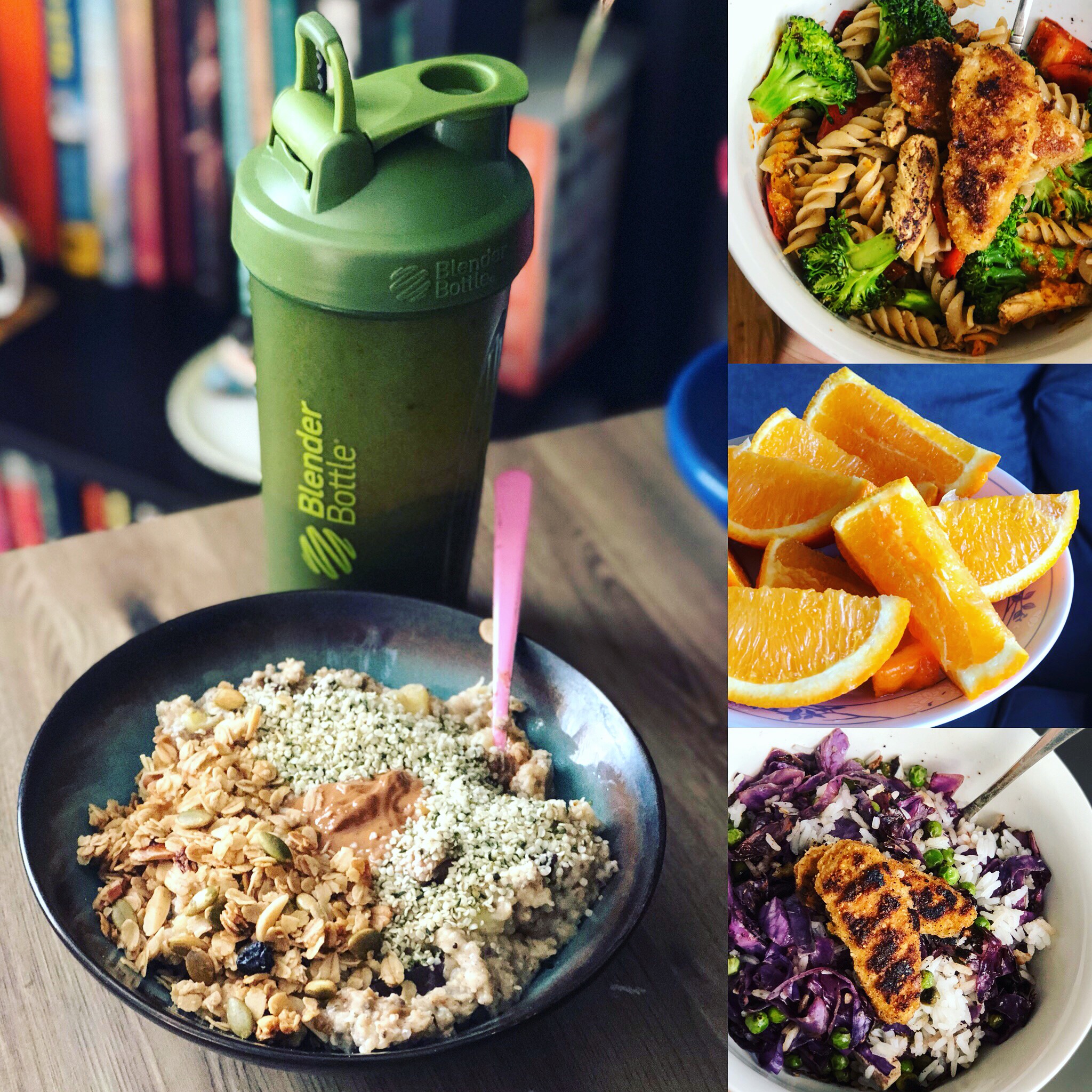Darsazma News Hub
Your go-to source for the latest news and insightful information.
More Than Just Muscle: The Bulking Diet You Didn't Know You Needed
Unlock the secrets of bulking! Discover the ultimate diet that goes beyond muscle gain and transforms your fitness journey today!
The Science Behind Bulking: Nutrition Strategies for Maximum Muscle Gain
Bulking effectively requires a solid understanding of the science behind nutrition. At its core, bulking involves consuming more calories than your body burns in order to create a calorie surplus, which is essential for muscle growth. According to the Bodybuilding.com, a general rule of thumb is to aim for an excess of 250-500 calories per day, depending on your current activity level and metabolic rate. Moreover, prioritizing macronutrients is crucial; a typical bulking diet consists of approximately 40-60% carbohydrates, 25-35% protein, and 15-25% fats. By breaking down your meal plan into multiple smaller meals throughout the day, you can ensure that your body receives a steady stream of nutrients to support muscle recovery and growth.
In addition to macronutrient distribution, it's important to focus on nutrient-dense foods that provide essential vitamins and minerals for optimal performance. Foods such as lean meats, dairy, nuts, whole grains, and plenty of fruits and vegetables should form the backbone of your diet. Supplements can also play a role in a successful bulking phase; protein powders and creatine are popular choices for enhancing muscle gain. For more in-depth strategies on supplementation, check out the insights from Healthline. Overall, a balanced approach to bulking combines adequate caloric intake, strategic macronutrient ratios, and high-quality, nutrient-dense foods to maximize muscle gain while minimizing fat accumulation.

10 Essential Foods You Need for an Effective Bulking Diet
When embarking on a bulking diet, it is crucial to incorporate nutrient-dense foods that will not only help you gain weight but also promote muscle growth. Here are 10 essential foods to include in your meals:
- Lean Meats: Chicken breast, turkey, and lean beef are fantastic sources of protein, which is vital for muscle repair and growth. Research shows that adequate protein intake supports muscle hypertrophy.
- Eggs: Packed with protein and healthy fats, eggs are a powerhouse food for muscle building. The amino acid profile in eggs can enhance recovery and stimulate muscle protein synthesis.
- Whole Grains: Foods like brown rice, quinoa, and oats provide the necessary carbohydrates to fuel your workouts and replenish glycogen stores.
- Nuts and Seeds: Almonds, walnuts, and chia seeds add healthy fats and calories, making them a perfect snack for bulking.
- Dairy Products: Greek yogurt and cottage cheese are high in protein and can support muscle recovery post-workout.
- Potatoes and Sweet Potatoes: These are excellent sources of carbohydrates and provide essential vitamins and minerals for overall health.
- Protein Supplements: Incorporating protein powders can help meet your daily protein needs conveniently.
- Fish: Salmon and tuna are not only high in protein but also contain omega-3 fatty acids that enhance recovery.
- Fruits and Vegetables: Don't forget to include a variety of fruits and vegetables for vitamins, minerals, and fiber to aid digestion.
- Legumes: Beans, lentils, and chickpeas are great sources of both protein and carbohydrates, making them perfect for a balanced bulking diet.
Prioritizing these 10 essential foods in your diet will help you create a caloric surplus while providing your body with the necessary nutrients to build muscle effectively. Remember to tailor your servings to fit your specific caloric needs and activity level. Regularly monitor your progress and adjust your diet as necessary to avoid unwanted fat gain while maximizing muscle growth. For additional strategies and tips, you can check out this bulking guide for comprehensive advice on maximizing your gains.
Is Your Bulking Diet Missing These Key Nutrients?
When embarking on a bulking diet, many individuals focus primarily on increasing their caloric intake, often overlooking essential nutrients that can significantly impact muscle growth and overall health. Are you paying enough attention to micronutrients like vitamins and minerals? A well-rounded dietary approach should include adequate amounts of protein, complex carbohydrates, and healthy fats, but neglecting these vital nutrients can lead to deficiencies that hinder your progress. Research suggests that micronutrients such as magnesium, zinc, and B vitamins play crucial roles in energy metabolism and muscle recovery. Therefore, it’s essential to incorporate a variety of nutrient-dense foods into your bulking plan.
Another often neglected aspect of a bulking diet is fiber. While it may not be the first thing that comes to mind, fiber is vital for digestive health and can help maintain optimal body composition. A lack of fiber can lead to digestive discomfort and may even affect your overall nutrient absorption. Aim to include sources of soluble and insoluble fiber, such as whole grains, fruits, and vegetables, in your diet. This will not only support your gut health but also keep you feeling full and energized. For further insights on how important fibers are in your diet, check out this health guide that outlines the numerous benefits of a fiber-rich diet.